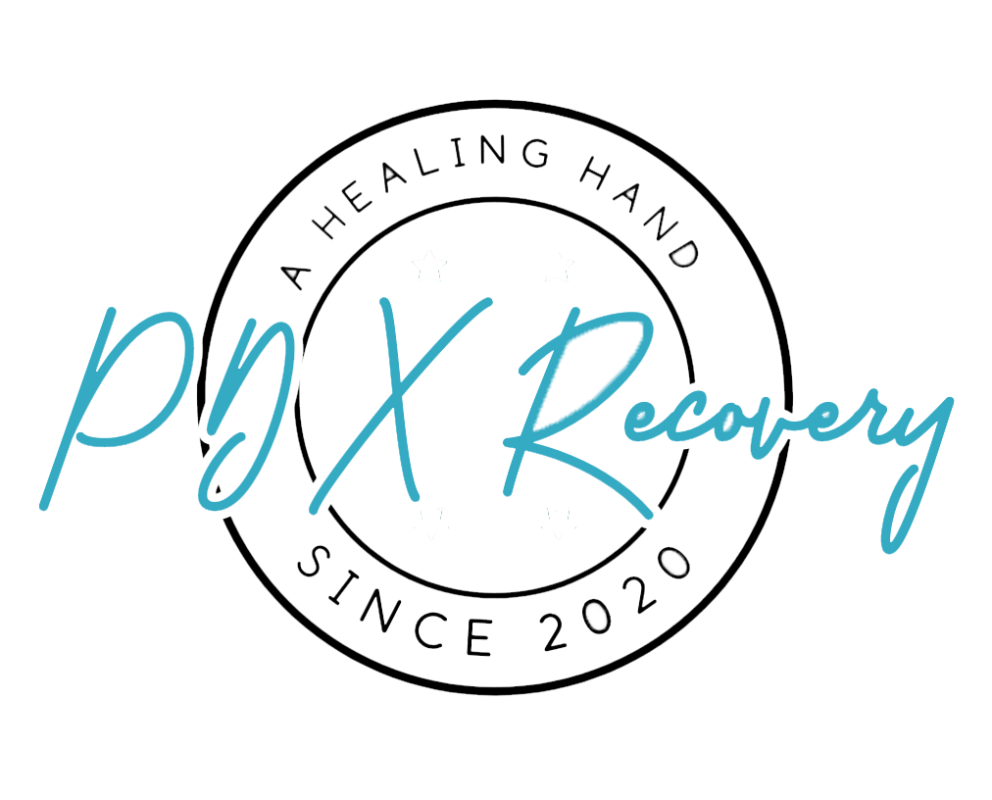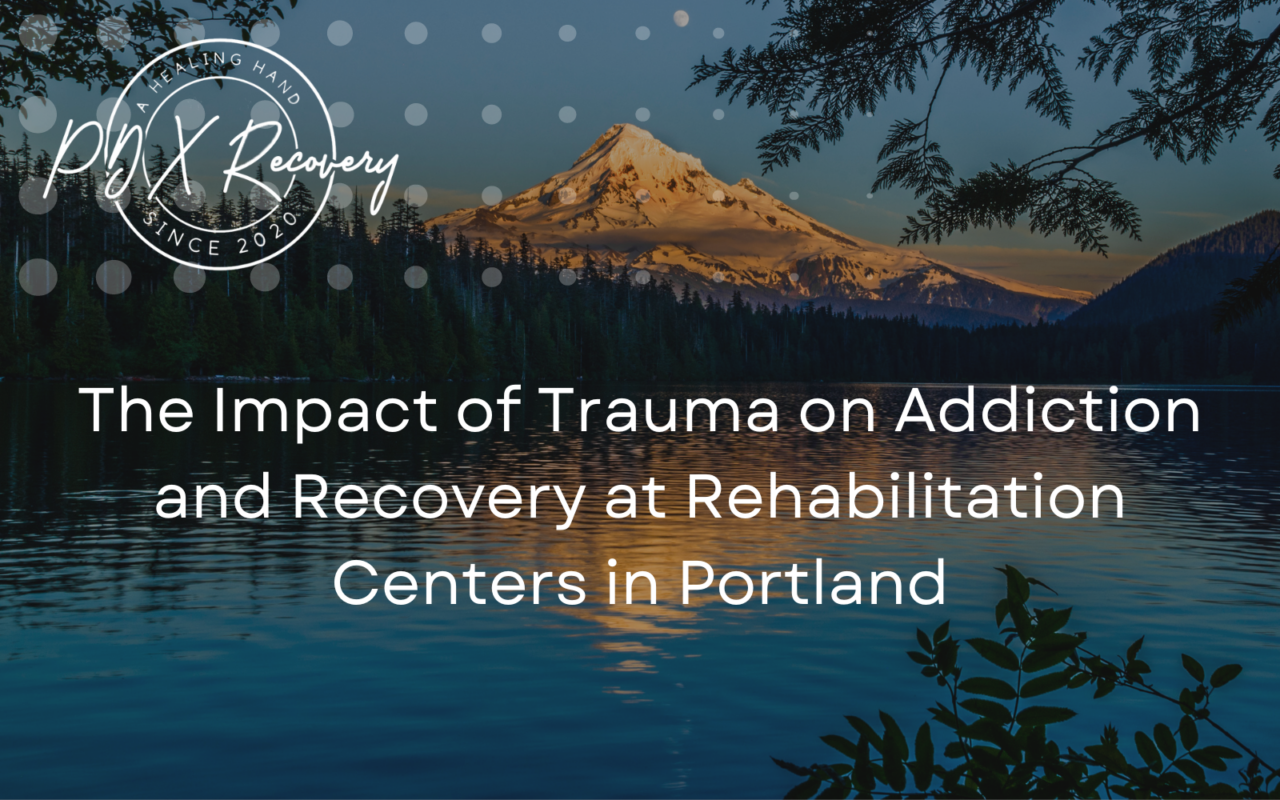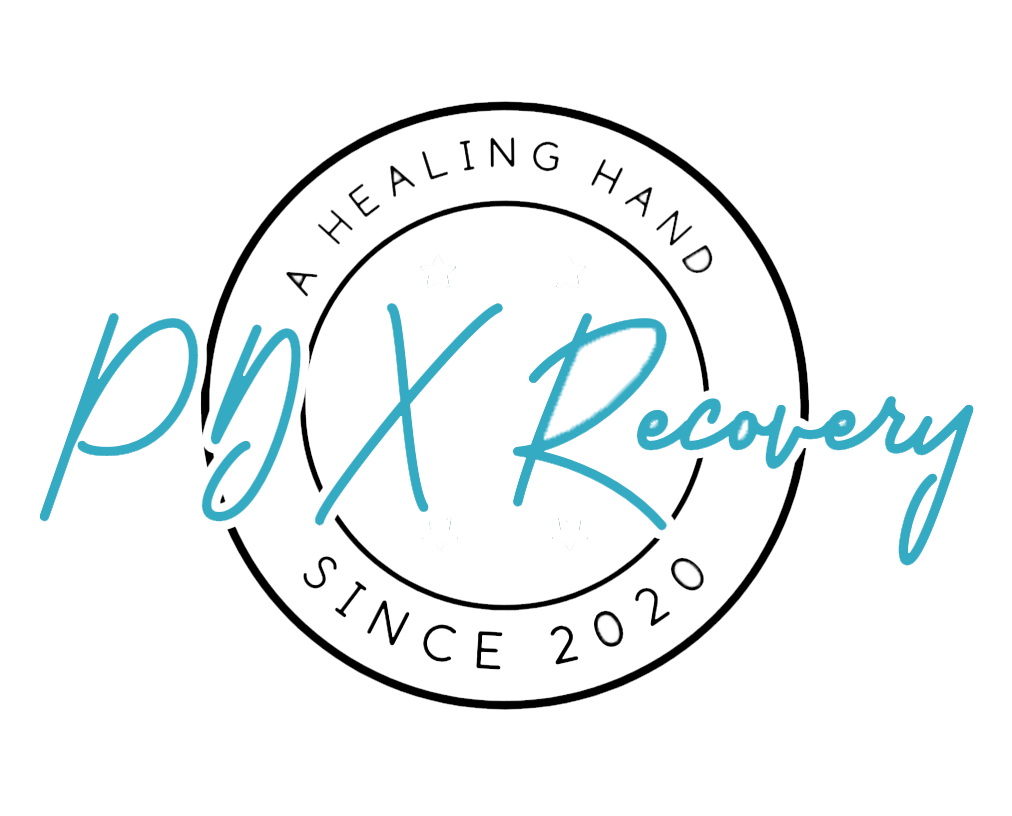Addiction doesn’t just manifest out of nowhere—it often emerges from deeper, often hidden, emotional wounds. For many struggling with substance use disorders, trauma lies at the heart of their addiction. At PDX Recovery, we understand that to truly heal, one must address both the addiction and the trauma that fuels it. In this blog, we’ll explore how trauma impacts addiction and how rehabilitation centers in Portland, including ours, are equipped to help individuals not only break free from substance use but also begin a profound journey of healing.
What Is Trauma, and How Does It Affect Addiction?
When we talk about trauma, we’re referring to an emotional response to a disturbing or distressing event. These events vary widely and can include physical or emotional abuse, sexual assault, the loss of a loved one, childhood neglect, witnessing violence, or even experiences like war or a natural disaster. Trauma can be acute, resulting from a single event, or complex, stemming from prolonged or repeated events, especially during childhood. Many individuals seek support from rehabilitation centers in Portland to help them heal and cope with their experiences.
The relationship between trauma and addiction is complex but well-documented. Many people who experience trauma turn to substances as a way to cope with overwhelming emotions, intrusive memories, or feelings of powerlessness. What begins as an attempt to numb or escape pain can quickly spiral into dependency, as the temporary relief provided by substances reinforces their use. Over time, this coping mechanism can evolve into a full-blown addiction.
But why does trauma often lead to addiction? To answer this, it’s essential to understand the impact of trauma on the brain. Traumatic experiences can alter brain chemistry, affecting areas of the brain responsible for stress regulation, emotion, and impulse control. The heightened state of stress or anxiety that trauma survivors often live in can make substances like drugs or alcohol appear as the only way to manage their emotional turmoil. This makes it all the more critical to address trauma in any effective addiction treatment program.
The Role of Trauma-Informed Care in Addiction Recovery
At PDX Recovery, we recognize that to truly support someone in overcoming addiction, we must also help them heal from their trauma. This philosophy is at the core of what is known as trauma-informed care—a framework that acknowledges the profound effects trauma can have on an individual’s life, especially when it comes to addiction.
Trauma-informed care is not just a specific set of practices; it’s a paradigm shift in how we view and treat those who are struggling. It focuses on creating a safe, empowering, and responsive environment for trauma survivors. This approach is especially important in rehabilitation centers in Portland. Let’s break down some key elements of trauma-informed care as it applies to addiction recovery:
1. Safety First: Creating a Secure Environment
For trauma survivors, feeling safe is paramount. Many have lived through profoundly distressing experiences that have left them feeling helpless or out of control, and the journey to recovery can often feel daunting. At PDX Recovery, one of the leading rehabilitation centers in Portland, we prioritize creating an environment where clients feel physically and emotionally secure, understanding that safety is the foundation for healing. This commitment involves not only ensuring a safe and comfortable physical space—complete with calming decor, supportive furnishings, and accessibility features—but also fostering a culture of respect and non-judgment.
Our approach includes personalizing care to meet the unique needs of each individual, as we recognize that everyone’s experience with trauma is different. Every member of our staff is rigorously trained to interact with sensitivity and compassion, always mindful of the potential triggers or stressors that clients may face. We believe that by cultivating trust and understanding, we empower our clients to take the necessary steps toward recovery, enabling them to reclaim their sense of agency and control in their lives.
2. Understanding the Trauma-Addiction Link
A key component of trauma-informed care is helping clients understand the link between their trauma and their substance use. Many individuals are unaware of just how deeply their past experiences influence their present behaviors. Through education and therapy, we help clients make these connections, which can be an eye-opening and empowering step in their recovery journey. This understanding often lays the groundwork for meaningful healing, as clients begin to see their addiction not as a personal failing but as a response to profound pain.
3. Personalized and Integrative Treatment Plans
No two journeys are the same, which is why we at PDX Recovery place a strong emphasis on the significance of personalized treatment plans. These plans are meticulously crafted to address not only the addiction itself but also the specific traumas each client has experienced throughout their lives. We understand that every individual’s history is unique, and thus their path to recovery should reflect that uniqueness.
To achieve this, we integrate a variety of therapeutic approaches in our rehabilitation centers in Portland, including Cognitive Behavioral Therapy (CBT), which helps individuals identify and reshape negative thought patterns, and Eye Movement Desensitization and Reprocessing (EMDR), a powerful technique designed to alleviate the distress associated with traumatic memories. Additionally, we incorporate somatic experiencing, which focuses on the body’s sensations and experiences to promote healing and reduce trauma-related symptoms.
Our comprehensive programs aim to address both the psychological and physical manifestations of trauma, recognizing the deep connection between mind and body. By utilizing these therapies in conjunction, we help clients process traumatic memories, diminish the influence those memories exert on their current lives, and cultivate healthier coping mechanisms. Ultimately, this holistic approach not only supports our clients in overcoming addiction but also empowers them to embark on a transformative journey towards emotional well-being and resilience.
4. Empowerment Through Choice and Collaboration
Trauma often strips individuals of their sense of control, leaving them feeling powerless. In a trauma-informed setting, it’s crucial to restore that sense of control. We do this by involving clients in their treatment planning process, ensuring they have a say in the therapies they participate in and the goals they set for themselves. This collaborative approach not only empowers clients but also fosters a deeper commitment to the recovery process, as they feel more invested in their own healing.
5. Fostering Trust and Connection
Trauma can lead to profound feelings of isolation, making it difficult for survivors to trust others, including those who are trying to help them. At PDX Recovery, we work diligently to build trusting relationships with our clients. We recognize that trust is not given freely—it must be earned through consistent, compassionate care. Our team is dedicated to being a stable, reliable source of support, helping clients rebuild their capacity for trust, not just in others but also in themselves.
6. Holistic Approaches to Healing
While traditional therapies are a cornerstone of trauma-informed care, at PDX Recovery, we also embrace holistic approaches to healing. These may include yoga, meditation, art therapy, and nature-based therapies, all of which help clients reconnect with their bodies, reduce stress, and promote a sense of inner peace. These holistic practices are particularly beneficial for trauma survivors, as they can help to ground individuals in the present moment, counteracting the dissociation or anxiety that often accompanies trauma.

The Unique Role of Rehabilitation Centers in Portland
Portland is a city known for its progressive values, natural beauty, and strong sense of community. These qualities also extend to its approach to addiction recovery. Rehabilitation centers in Portland, like PDX Recovery, are at the forefront of integrating trauma-informed care into their treatment models, offering a compassionate, comprehensive approach to healing.
But what sets Portland apart in the landscape of addiction recovery? It’s the emphasis on community, inclusivity, and innovation. Portland’s rehabilitation centers recognize that recovery doesn’t happen in isolation; it’s deeply connected to the community and environment in which it occurs. This understanding is reflected in the way treatment programs are designed, often incorporating elements of Portland’s natural surroundings, community-based support systems, and a commitment to holistic, integrative care.
At PDX Recovery, we’re proud to be part of this vibrant community, offering services that are not just about overcoming addiction but about rebuilding lives.
Portland’s unique culture plays a significant role in recovery. Its acceptance, creativity, and focus on well-being are invaluable. We harness these qualities to create an effective treatment experience. Our approach is also enriching and transformative for every client.
Healing Is Possible: The Road to Recovery at PDX Recovery
Recovering from addiction is a journey requiring patience and support. This is especially true when trauma is involved. A comprehensive approach to care is essential. At PDX Recovery, we walk alongside you on this journey. We offer the tools, therapies, and support you need. Our goal is to help you break free from substance use. We also help heal the deep wounds that have shaped your life.
Recovery is not a linear process. There will be ups and downs along the way. Victories and setbacks are both part of the journey. With the right care and support, lasting change is possible. You can move beyond addiction toward health, fulfillment, and peace. Our trauma-informed approach addresses the root causes of addiction. We go beyond treating just the symptoms. This gives you the best chance at a lasting recovery.
If you or a loved one are struggling, help is available. PDX Recovery offers compassionate, comprehensive care for addiction and trauma. We address all aspects of your well-being. Everyone has the capacity to heal. With the right support, you can reclaim your life from addiction.
Frequently Asked Questions
1. What makes trauma-informed care different from traditional addiction treatment? Trauma-informed care differs from traditional addiction treatment in its recognition of the profound impact trauma can have on an individual’s life and how it can fuel addiction. This approach focuses on creating a safe, supportive environment where clients feel empowered and understood, addressing both the trauma and the addiction simultaneously. Many rehabilitation centers in Portland are adopting this model to enhance recovery outcomes.
2. Can trauma-informed care benefit everyone in addiction recovery? Yes, trauma-informed care is beneficial for anyone in addiction recovery, especially those who have experienced trauma. It provides a more compassionate, personalized approach to treatment, which can be particularly effective for individuals who may have felt overlooked or misunderstood in more traditional treatment settings.
3. How do holistic therapies complement trauma-informed care? Holistic therapies, such as yoga, meditation, and art therapy, complement trauma-informed care by addressing the mind-body connection. These practices help individuals manage stress, reduce anxiety, and reconnect with their bodies, which can be particularly beneficial for those who have experienced trauma.
4. What should I look for in a rehabilitation center if I have a history of trauma? If you have a history of trauma, it’s important to look for a rehabilitation center that offers trauma-informed care. This means the center should have staff trained in trauma sensitivity, offer personalized treatment plans that address trauma, and provide a safe, supportive environment where you can heal.
5. How does PDX Recovery support clients who have experienced trauma? At PDX Recovery, we support clients who have experienced trauma by offering a trauma-informed approach to care. This includes creating a safe, welcoming environment, providing education about the trauma-addiction link, offering personalized treatment plans that integrate various therapeutic modalities, and fostering trust and empowerment throughout the recovery process.
Moving Forward: Take the First Step Toward Healing
The journey to recovery from addiction, especially when compounded by trauma, can feel daunting. At PDX Recovery, we believe in the resilience of the human spirit and the possibility of healing. Our trauma-informed care approach ensures that you’re not just addressing your addiction but also the underlying trauma that has impacted your life. As one of the leading rehabilitation centers in Portland, we’re here to support you every step of the way, offering the care, compassion, and expertise needed to help you reclaim your life.
If you’re ready to take the first step toward healing, we’re here to help. Contact PDX Recovery today to learn more about our programs and how we can support you on your journey to recovery. Visit our website https://pdx-recovery.com/ or call us at (971) 256-9087.






